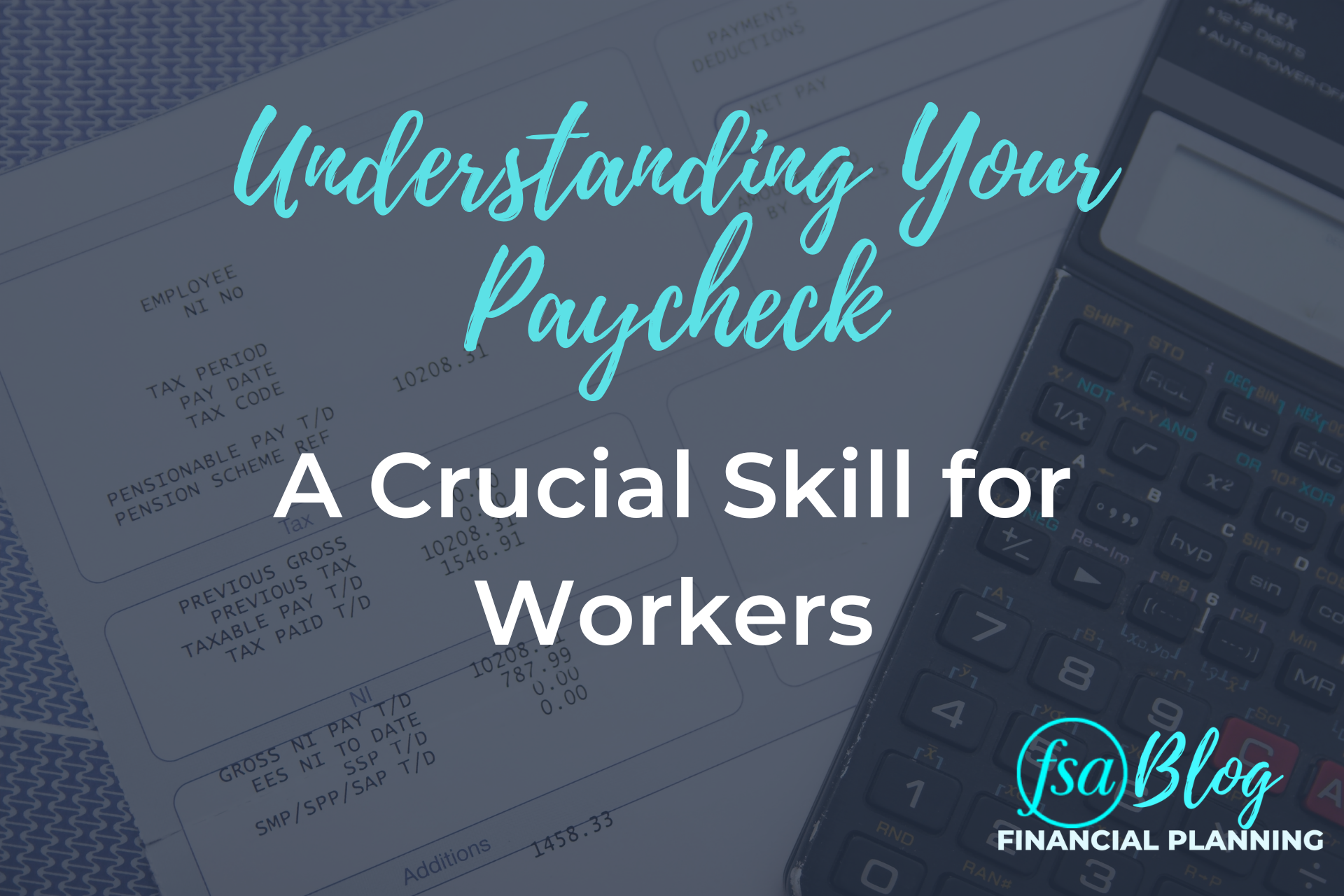The Secure (Setting Every Community Up for Retirement Enhancement) Act was signed into law on December 20, 2019, and became effective January 1, 2020. Although the Secure Act affects every American, it took the nation by storm without many knowing it. Here’s a quick look inside some of the changes of the Secure Act.
Required Minimum Distributions (RMDs) Will Now Start at Age 72 Instead of 70½
Starting January 1, 2020, the age to begin taking RMD is 72. Unfortunately, those who have already started RMDs but are not 72 yet must continue to take their RMDs. Anyone who would turn 70½ on or after January 1, 2020, can now wait until 72. Individuals still have the option to delay their first RMD up to April 1 the following year, but if they do delay their RMD, they must take two distributions in that following year. Please note, it does not change the age someone is eligible to make a Qualified Charitable Distribution (QCD) from their IRA; that is still 70½!
People Can Now Contribute to Traditional IRAs After 70½
The age limit is fully lifted! Contingent upon having earned income, people can contribute to an IRA at any age. The current maximum yearly contribution to an IRA is $6,000 plus a $1,000 catch up contribution if you are over 50. This means you can be 80 years old and contribute $7,000 to an IRA if you have at least $7,000 of earned income!
Inherited IRAs for NON-SPOUSE Beneficiaries Have to Fully Distribute the IRA Over Ten Years
The Secure Act now requires non-spouse beneficiaries of IRAs to deplete the account within ten years after the year of the decedent’s death. Prior to the Secure Act, one was able to stretch their inherited IRA. The yearly RMD of the account was based on the life expectancy table of the beneficiary. The Secure Act does NOT impact anyone who already has an inherited IRA, only those who inherit an IRA starting January 1, 2020. There are no distribution rules within the ten years, meaning it does not have to be evenly distributed over the ten years. One can pull the funds out as they wish, but the account must be emptied by the end of the tenth year after death.
Those exempt from the ten-year payout rule:
- Spouses
- Disabled beneficiaries
- Chronically ill
- Individuals who are not more than ten years younger than the decedent
- Certain minor children of the decedent, only until they reach the age of majority
- The minor children must take distributions based on their life expectancy until they reach age of majority. Then they have ten years to distribute the remaining funds.
These changes may significantly impact individuals who have a trust as the beneficiary for their IRAs. If you have a trust listed as your beneficiary on an IRA, it is important to consult a financial advisor and your estate attorney to make sure you have the correct language in the trust documents. We are happy to provide guidance in this area.
Benefits to IRAs and 529 Plans
Congress added a couple of nifty benefits to spice up the deal for Americans. For IRAs, there is now a new exception to the 10% early distribution penalty for childbirth and adoption. You will avoid paying the 10% penalty but must pay taxes on the funds you withdraw (up to $5,000) for childbirth or adoption expenses.
Congress also expanded the definition of qualified education expenses for 529 plan funds. You can now withdraw funds from 529 plans to subsidize student loan payments up to a maximum of $10,000 total per person. Another $10,000 can be used for each of the beneficiary’s siblings’ student loan debt.
Navigating the changes made by the new Secure Act can be challenging. Your preexisting plans for your beneficiaries may not work under the new law. The act serves as a reminder to reevaluate your estate plan. It is highly recommended to review your estate plan every seven to ten years to make sure it is updated to your wishes and new laws such as the Secure Act. If you have any questions or would like to learn more about the Secure Act, do not hesitate to contact us.
FSA’s current written Disclosure Brochure and Privacy Notice discussing our current advisory services and fees is also available at https://fsainvest.com/disclosures/ or by calling 301-949-7300.




